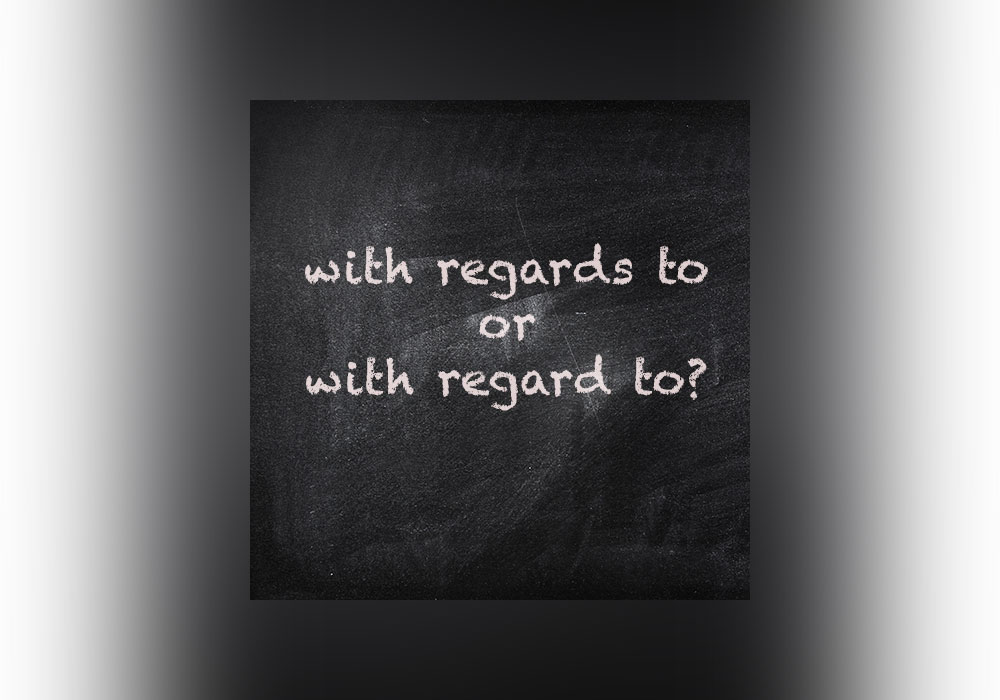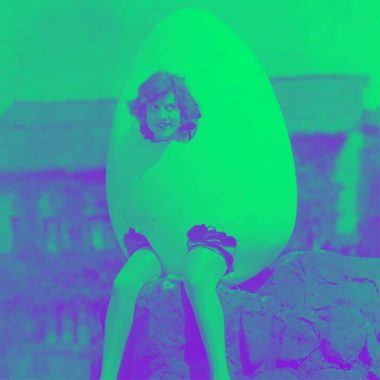Archives
-
What Is The Difference Between Snow Flurries vs. Snow Showers?
Snow refers to the partially frozen water vapor which falls in flakes. The expression snow flurries refers to light, intermittent snowfall without significant accumulation. Snow flurries tend to come from stratiform clouds.Snow showers is the label used to refer to a short period of light-to-moderate snowfall, also characterized by a sudden beginning and ending. There is some accumulation with snow showers, and they fall from convective or cumuliform clouds. A snow squall is …
-
“With Regard to” vs. “With Regards to”
Recently a couple of readers wrote to Dictionary.com with an issue they had with one of our slideshows from a few years ago. They objected to the following sentence: “Speakers tend to use [obviously] … to emphasize their point with regards to things that aren’t necessarily obvious …” Our users told us that the phrases with regards to and in regards to are incorrect, and …
-
Hidden Meanings Of “Ring Around The Rosie” And Other Rhymes
Though written for children, nursery rhymes often conceal references to historical events. These hidden stories behind three popular nursery rhymes may not be well known but they certainly make “Humpty Dumpty” a little more interesting. What is the origin of “Humpty Dumpty”? Humpty Dumpty was not originally an egg, as immortalized by John Tenniel, illustrator of Lewis Carroll’s Through the Looking Glass in 1871. But the …
-
7 Bands Who Were Inspired By Literature
Do you ever feel so inspired by a good book that you want to sing? Many bands and recording artists have acted on that impulse by working elements of their favorite novels, short stories, or poems into their musical repertoires. Here are a few of our favorite salutes to literature in popular music. The Doors The band name The Doors is a nod to Aldous …
-
Do babies speak with an accent?
We all know that infants don’t actually speak with an accent because they don’t really speak at all. But for a long time scientists presumed that infants’ brains could not process sounds at all. Professor Patricia Kuhl, the director of the Center for Mind, Brain, and Learning at the University of Washington, wanted to test this notion. Kuhl studied infants between six and eight months …









